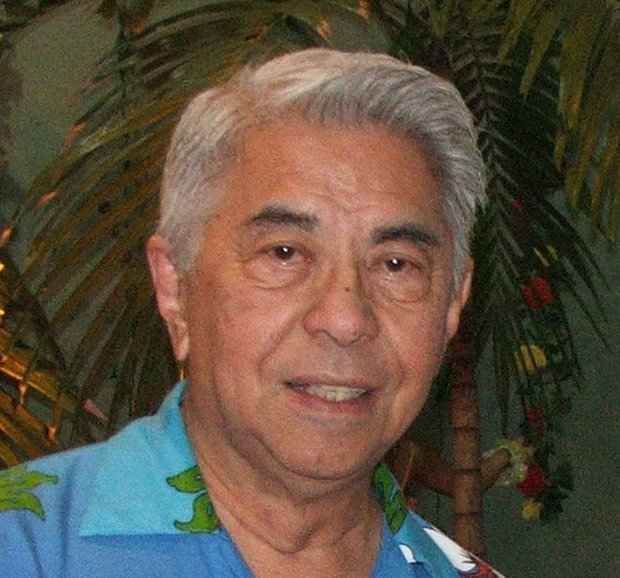Basic Etiquette
Therefore, it is imperative that a person unfamiliar with the way of pronouncing a name of place in another tongue should make it a point to find out the CORRECT pronunciation and then pronounce it the correct way.
But for some strange reasons no one in the broadcast media – from the top man to lineman seem to care.
A glaring observation by many radio and television audiences in California – a state once populated and belonging to Mexico – is the seeming lack of interest or desire by radio and television announcers and anchor-persons to pronounce Spanish words correctly.
Among the guilty culprits are the news announcers and reporters.
For some reasons, announcers who appear to look like second generation Asians are the even better ones who take great pains in pronouncing the Spanish words precisely more than the local borns do.
A recent incident that I can cite here is the earthquake in Paso Robles.
Now Paso Robles IS a Spanish name. It means “pass of the oaks.”
But almost ALL the Caucasians pronounced the word “Robles” sounding like ROW BALLS. The correct pronunciation sounds like “NO BLESS.”
But this is just one of hundreds of words and places in California mispronounced by radio and TV announcers and newscasters.
The other glaring words we hear daily are: SAN RA FA EL (they say SAN RAY-FEL) Vicente (they say VIE CENT TEE), and even JOAQUIN many pronounce JOKE KWIN until they realize a valley is named San Joaquin and then correct themselves accordingly.
It seems strange that in Manila, the rule that binds announcers in the radio and TV stations were established by ex-GIs after WWII who were discharged and married Filipino women.
To name one, Bob Stewart who married and became manager of DZBB and later on Channel 7, inculcated among his announcers to double check the right pronunciation of words with a pronouncing dictionary (yes, there is one such book).
And foreign words are even more tricky especially if they are European languages like German and French and even Russian.
As a rule, Filipino announcers take pains in articulating words regardless of its origin and thus come out speaking more clearly than most Americanized announcers.
During the early fifties and sixties American network announcers seemed more careful in pronouncing words.
This was the time when articulate and exemplary announcers like Walter Cronkite, Charles Kurault, Charles Osgood, became the models of young budding announcers in Philippine media.
In fact, to date Walter Cronkite enjoys the respect of listeners and officials of the broadcast media here and abroad.
He still speaks in his low-voiced, well-paced articulate manner.
Another strange thing that commercials seem to have adopted these days is delivering a voiced commercial at rapid fire speed as if one were competing in “the fastest speaker” contest.
Among the better announcers in Manila stations were Ray Oliver, Dick Taylor, Cris de Vera, Vero Perfecto who spoke also Spanish, five dialects and in impeccable English and with a clear baritone voice.
Cris de Vera even ventured in speaking with a British accent in imitation of James Mason the actor – and very well indeed.
What is the big deal, someone might ask? The big deal is that in polite society one has to make sure he pronounces a person’s name correctly.
Therefore, saying SAN RAY-FEL and VIE CENT TEE and JOKE KWIN violates common politeness and therefore it is a breach of etiquette, which commercial announcers should know and be aware of!
I do hope someone from the mainstream broadcast media reads this and takes time to hold a Spoken Communication clinic especially for their announcers since these individuals are paid a lot of money – much more than executives of other professions and therefore are obligated to do their job professionally well – which includes pronouncing foreign words like Spanish places in California.
We owe it to the Latinos and Spanish-speaking citizens in California and other states whose tongue we are murdering!
1 of 1



